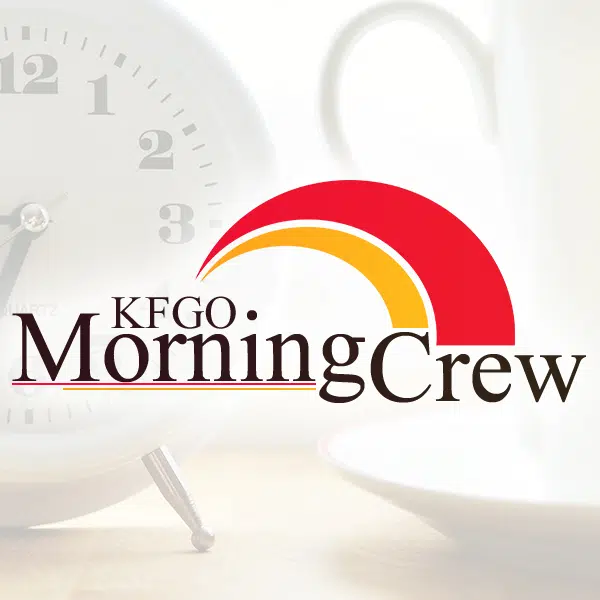
By Mike Moen
BISMARCK (Prairie News Service) – When the calendar flips to January, a number of states will increase their minimum wage levels – but just like recent years, North Dakota won’t be among them. Those pushing for changes plan to try again.
North Dakota’s minimum wage hasn’t gone up in 15 years, standing firm at $7.25 an hour – also the federal level.
Meanwhile, many other states in this part of the country have gradually boosted theirs above $10.
State Rep. LaurieBeth Hager – D-Fargo – said she made this a big priority while serving in North Dakota’s Legislature.
She echoed what some in the research community have noted, about giving low-income populations the power to lift themselves out of poverty.
“If people are making more, and have more buying potential, more earning potential,” said Hager, “their whole life and their whole dreams can be entirely different.”
And while researchers say these moves might not lead to big job losses, there are lingering concerns about employers turning to automation.
Hager said she doesn’t have a firm number for a forthcoming bill this session, but she said she plans to keep it around $9 to make it easier for small businesses to absorb.
Republicans still control both chambers, and Hager said she plans to seek approval in placing the issue before voters – as opposed to a simple Legislative vote like last session.
Citizen-led ballot questions also are options and have worked in other conservative-led states – but Hager said that can be a thorny issue in North Dakota, even if voters say yes.
Meanwhile, Landis Larson – president of the North Dakota AFL-CIO – said skeptics might argue about costs being passed along to consumers or other drawbacks.
But he added that not making adjustments for low-wage earners can be felt in other ways.
“You know, if you look at it another way,” said Larson, “most of those people are on some kind of government programs that actually everyone pays for in the long run.”
A 2021 report from the U.S. Government Accountability Office found that millions of American adults earning low wages rely on federal programs, like Medicaid, to meet basic needs.
Nationwide, more than 20 states and nearly 40 cities will increase their minimum wage rates when the new year begins.




Comments